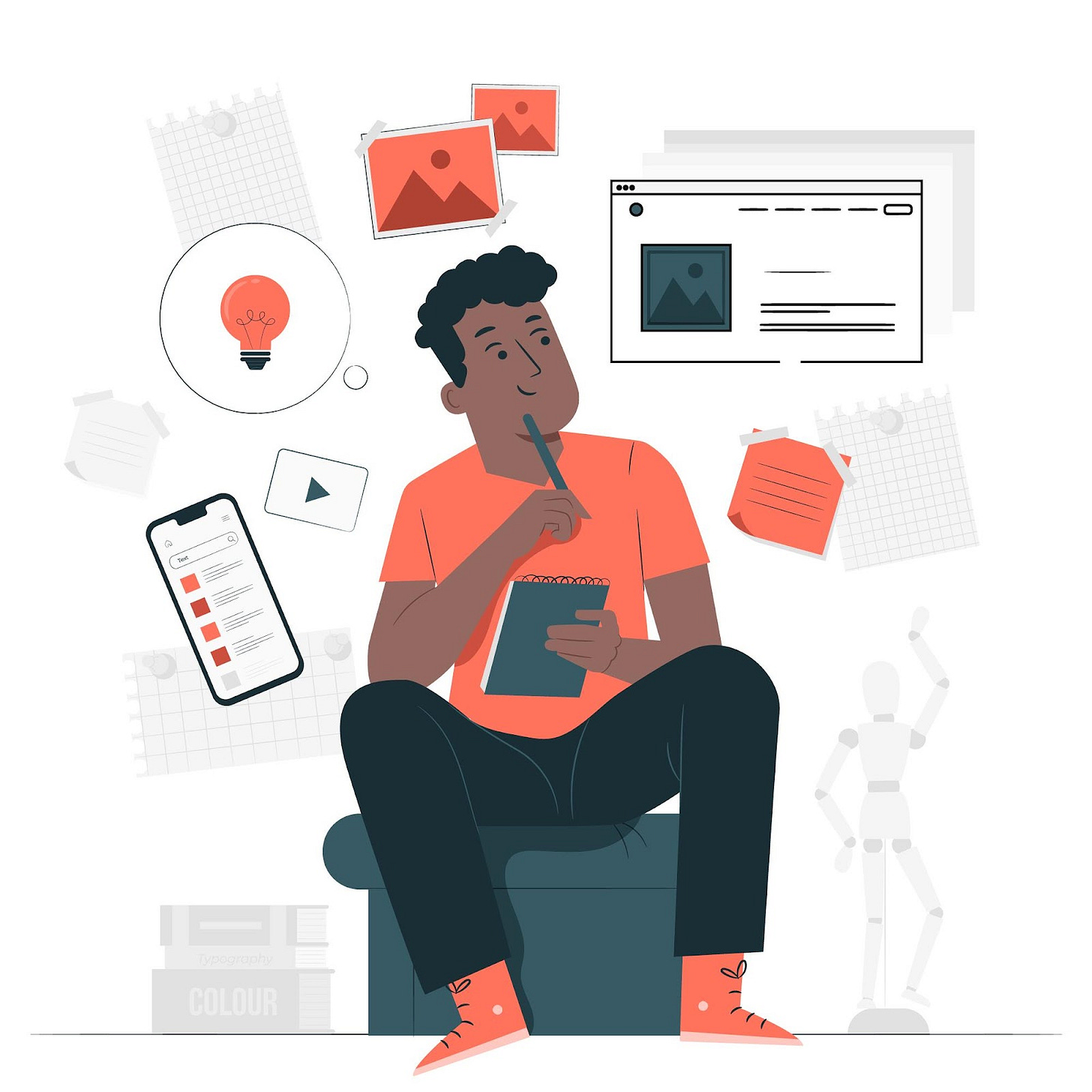When faced with learning something new, everyone is a novice. Your success as a learner has to do with your knowing how to deal with not knowing. Yes, when we are asked to deal with a novel situation, having a strategy for approaching the situation becomes critical.
Who Is An Expert Learner?
My father wrote London GCE. In his time, the course material was put in a parcel and mailed via courier. He completed his assignment and mailed it back. He did not sit in a class with a teacher telling him what to do.
Self-directed learning is the process through which an individual takes responsibility for their learning. The individual takes the initiative without the influence of others (Lowry, 2010).
As a self-directed learner you
Prepare mentally and emotionally to learn
Set your learning goals and identify a process by which you will reach your goals; and
Evaluate your learning process
Why It Matters
Life as we know it is being disrupted by climate, automation, pandemics, demography, and social change. But the quality of our education has not kept pace. The result is growing hardship, violence, and decadence. We have a big problem on our hands.
A self-directed learner knows how to accept a challenging problem and analyse it to reveal what they need to learn to perform it successfully.
Our situation calls for self-directed learning to build the mindset and skill, necessary to develop real solutions.
So How Do You Become Self-Directed
Here are the 3 steps one after another
Prepare to learn
This step involves determining what you want to learn. Ask:
"What problem do I want to solve by learning this?"
Then evaluate your strengths and weaknesses as a learner, your study habits, and also your past experiences with complex subjects.
When faced with a complex subject, it is important to notice and regulate any self-limiting emotional reactions and thoughts. For example, you use positive self-talk to strengthen your confidence in the face of learning difficulties. You can recall past success. For example, in the Biblical story, faced with the prospects of challenging the giant Goliath, David recounts his encounter with the lion and the bear. His past successes gave him confidence for this new situation.
Research showed learners who build confidence to learn (self-efficacy) attempt more math problems and rework the ones they don't get correctly. This attitude increases their odds of succeeding in learning difficult topics.
Set your learning goals
You break down the topic into easily manageable learning goals, and devise an effective plan to reach these goals; your plan includes learning strategies you will use; you choose a strategy based on recognizing your strengths and weaknesses as learners.
You also recognize how your brain prefers to transform new information into meaningful and useful knowledge. For example:
You may choose a strategy that makes your learning experiential
Watch
Do
Teach
Reflect
You may choose a strategy that makes learning personal
How will I use the information
When will I use the information
Why will I use the information
You recognize and use the tools and resources that would help you find, structure, and remember new information. For example:
You may sketch a Mind Map. A mind map is a diagram used to visually organize information. A mind map is hierarchical and shows relationships among pieces of the whole. Major ideas are connected directly to the central concept, and other ideas branch out from those major ideas.
Evaluate your learning process
You monitor your progress by checking how well you understand what you are learning, and you abandon learning ineffective strategies.
You stop and reflect on the learning process. You ask questions like
How do I know I’ve learned?
Am I flexible in adapting and applying knowledge?
Do I have confidence in explaining what I learned to others?
When do I know I’ve learned enough?
When is it time for self-reflection and when is it time for consultation with a more knowledgeable colleague?
How Can We Make Self-Directed Learning A Habit?
(1) Identify as a self-directed learner. We will act in a manner consistent with what we imagine ourselves to be. Works all the time.
(2) Master one thing at a time. You can start with preparing to learn, make it a habit, then set learning goals, and then practice evaluating your learning process.
(3) Create an environment to remind and reward yourself when you engage in a self-directed learning habit. For example, start journaling your self-directed activities every time can.
(4) Teach what you practice. Teach your kids or your wards. You set them on the path to excellence but also reinforce your skill.
Think about your work, your home, or community. If you could become a self-directed learner what difference would it make? Can you solve a big problem by learning a new skill you fear as too difficult or complex to learn?






Socrates could really throw out the pithy one-liners, couldn't he? The unexamined life is not worth living is a favorite of mine.
I've been wrestling with breaking the dichotomy between teacher-directed and student-directed. Both have their traps and finding a third way that reconciles them can be hard to conceive. I invite you to check out some of my thinking and see what it sparks in you.
How do I know i ha e learned?? And many other thought provoking questions
This Is really nice ..
Well done...